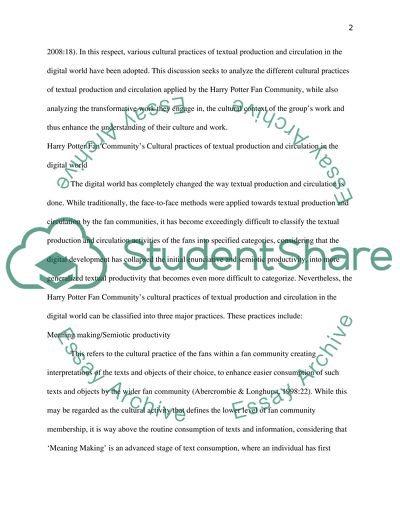Cite this document
(“Media and communication Essay Example | Topics and Well Written Essays - 3000 words”, n.d.)
Media and communication Essay Example | Topics and Well Written Essays - 3000 words. Retrieved from https://studentshare.org/journalism-communication/1632423-media-and-communication
Media and communication Essay Example | Topics and Well Written Essays - 3000 words. Retrieved from https://studentshare.org/journalism-communication/1632423-media-and-communication
(Media and Communication Essay Example | Topics and Well Written Essays - 3000 Words)
Media and Communication Essay Example | Topics and Well Written Essays - 3000 Words. https://studentshare.org/journalism-communication/1632423-media-and-communication.
Media and Communication Essay Example | Topics and Well Written Essays - 3000 Words. https://studentshare.org/journalism-communication/1632423-media-and-communication.
“Media and Communication Essay Example | Topics and Well Written Essays - 3000 Words”, n.d. https://studentshare.org/journalism-communication/1632423-media-and-communication.


